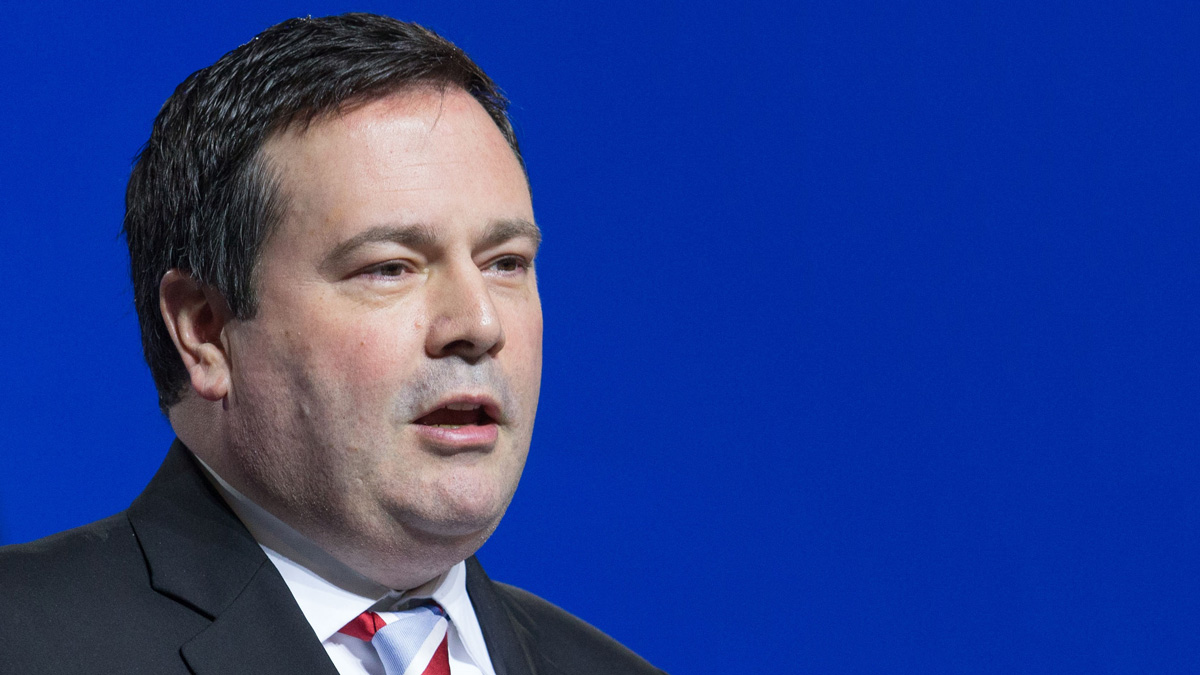 Jake Wright
Jake WrightIn the run-up to the Alberta provincial election, United Conservative Party (UCP) leader Jason Kenney made some comments regarding minimum wage legislation that the party would consider should they be elected. They discussed creation of wage differentials, which would allow employers to pay youth and restaurant workers a separate wage lower than the minimum wage.
Kenney’s proposal represents the perfect compromise over labour laws that the left and the right can agree on. Personally, I vehemently opposed and continue to oppose the idea of a $15 “living wage” on the basis that it has no basis in economic reality.
Now, I empathize with the notion of providing as comfortable a living for everyone as possible. But the way to do that isn’t with artificial wage inflation, which reduces the real value of the money people paid above minimum wage are earning, and can result in increased unemployment and/or a reduced supply of labour. By letting the market exert its will, prices will naturally fall as formerly cutting-edge technology becomes obsolete and accessible at a much lower price point. The least well-off benefit by eventually graduating into the same place some time later that the most well-off previously existed in.
To throw my own experience into the ring, I’ve been working in the restaurant industry since I was 16. In that time, minimum wage has risen from around $10 per hour to the current $15 per hour. What’s happened in response? Hours have been cut. People have been let go. You have higher tip-outs. There’s more work for each individual to do. I had a guest at my restaurant job tell me verbatim recently “don’t let the PC party take away your wage.” This person meant well, I’m sure, but she didn’t understand how the restaurant industry works.
My main source of income is my tips, not my wage. If I have to pay a higher tip-out or work less hours, that hurts me, and the majority of servers, far more than it helps. I would make much more money working for 8 hours at $12 per hour than I do working for 6 hours at $15 per hour. At the restaurant, we would be able to have more bussers to help reset tables. We would be able to sell more food at a lower price. It’s extremely frustrating listening to people who don’t understand the industry lecture us about what we should be entitled to earn. Making a wage exception for restaurant workers will make their work far more profitable for them than it is now.
Moving on to the small business side of my life. I’m very happy to employ young people with no experience, because at some point I too was that young person. If a small business owner hadn’t given me a chance working as a low-skilled labourer in a car wash, I wouldn’t have had the opportunity to gain more work experience and end up in the position I’m in now. But who in a business setting can afford to hire 15 year old kids with no experience at $15 per hour?
Even if a kid is in desperate straits and needs to help pay for family expenses, that doesn’t make the value of their labour any different. Being able to provide a job, even if it’s lower-paying, is better than the alternative of no job at all. A critic may argue that it’s discriminatory to pay youth less to do the same job as an older person. The first solution is to have a minimum wage below the market equilibrium, but that’s not happening here. I would instead point out that even with the same skill set in the same job, a kid has less work experience than their older colleague. Therefore, there’s no incentive for people to hire someone with no track record over a proven track record. Kids who need money to support their family need societal support that doesn’t come at the cost of crashing the youth labour market.
Also, it’s impractical to look at the minority of cases to determine the case for the substantial majority. The overwhelming majority of young people have limited availability, and thus lower productivity than their colleagues. It’s a pain trying to hire 3 part-time workers when you could hire 1 full-time worker.
Compare that to a person who comes in at the age of 22 with a degree and previous work experience. You’re going to hire them first. That’s not age discrimination, that’s just a sensible business decision. And with studies describing a 10 per cent minimum wake hike creating a rate of between a 1 to 6 percent reduction in teenage employment, reality agrees with business.
Wage differentials will allow young people to gain valuable workplace experience and allow restaurant servers to earn far more than they can right now. If you’re a 20 year old single mother — often the symbol used by the “living wage” lobbying group — looking for work, you can get a wage that you can survive on. But you can allow that to happen without sacrificing the experience that young people should have entering the workforce. While we can’t convince the living wage crowd about basic economics, I should hope that we can convince them to agree to the most obvious protections required for a sustainable economy.




